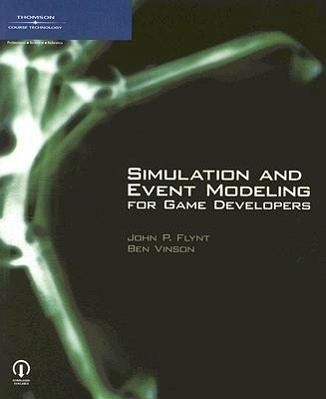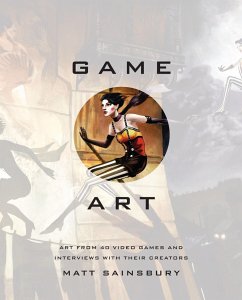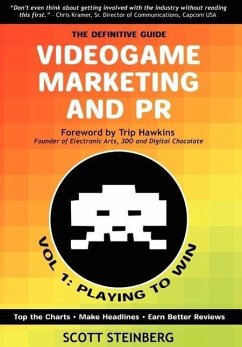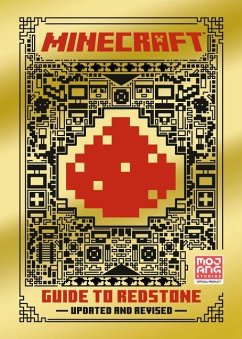
Simulation and Event Modeling for Game Developers
Versandkostenfrei!
Nicht lieferbar
Simulation games are unique. They have action, combat, management, and strategy. By definition a simulation is an imitation. So, computer simulation games are games that imitate a real-life situation. Another way to think about it is that simulation games attempt to recreate a past event. But games don't always stick to that definition, sometimes they attempt to create a situation that we may someday be faced with. Event modeling is the fundamental activity of examining a real-world event to determine precisely those aspects of the event that can be made the primary objectives of a software de...
Simulation games are unique. They have action, combat, management, and strategy. By definition a simulation is an imitation. So, computer simulation games are games that imitate a real-life situation. Another way to think about it is that simulation games attempt to recreate a past event. But games don't always stick to that definition, sometimes they attempt to create a situation that we may someday be faced with. Event modeling is the fundamental activity of examining a real-world event to determine precisely those aspects of the event that can be made the primary objectives of a software development effort. Such modeling is essential to the success of any game development effort, especially if it focuses on simulation. The reason for this is that no simulation program can hope to simulate every aspect of a real-world event. The simulation must be limited in some way, and a technique is at hand, through event modeling, to determine which aspects of the event will render the simulation project effective.











